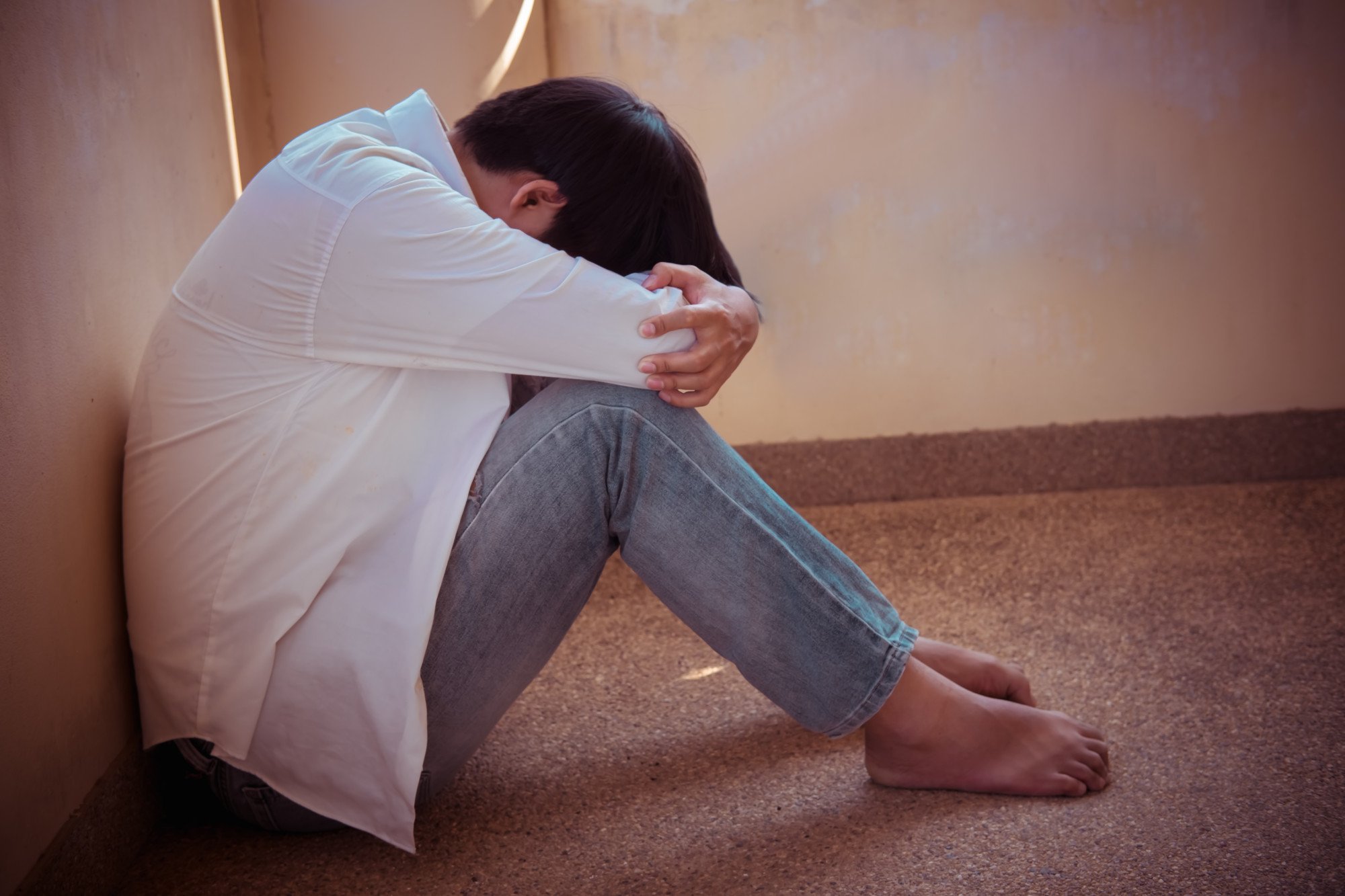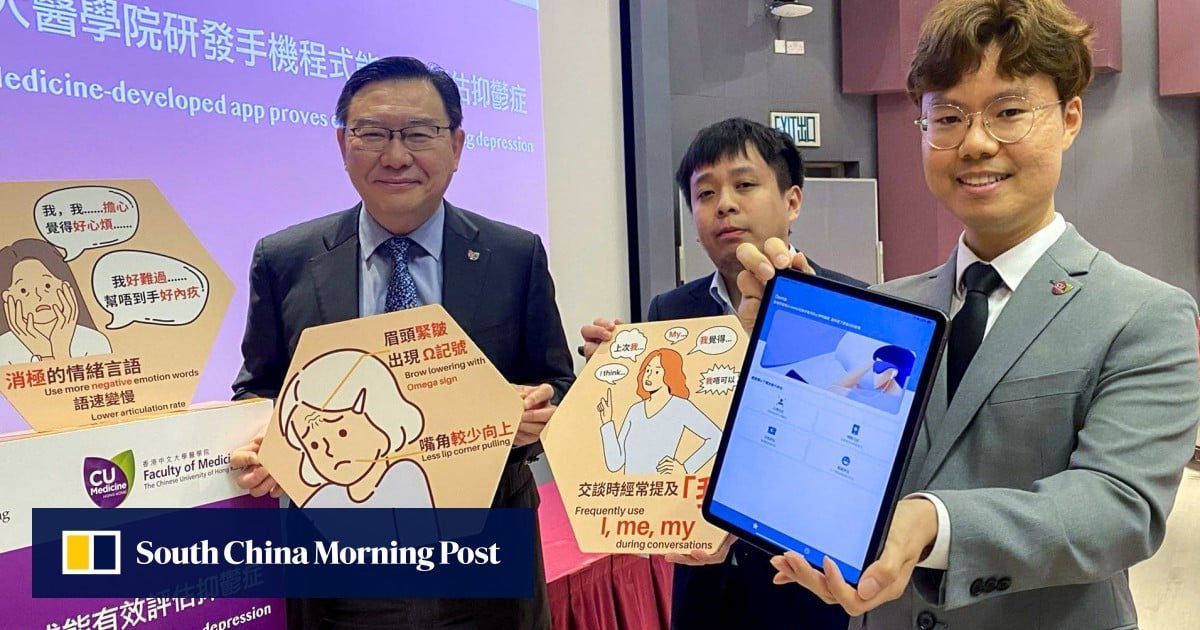A research team from the Chinese University of Hong Kong has developed a mobile app to help users assess depression through AI analysis of facial expressions, voice and language, claiming an accuracy rate of more than 80 per cent.
The team said the new digital tool had proven to be effective in diagnosing depression, and hoped it could help raise public awareness of the mental disorder.
“Many people in society lack a sufficient understanding of depression or do not know how to help those with the condition,” said Professor Wing Yun-kwok, chairman of the university’s department of psychiatry, who led the research. “We have tried to use the latest technologies to make people understand what depression is.”
Wing noted that the major difficulties in the clinical assessment of depression came from a lack of awareness of the mental disorder, stigma associated with it and inaccessibility of timely medical services.

The use of digital phenotyping, which collects data to measure behaviours through smart devices, has enabled users to get mental status assessments without in-person consultations, thus encouraging more to seek professional help.
But Wing said most of these existing tools lacked scientific data.
His team conducted a study between June 2021 and March 2023 to evaluate the performance of its developed digital assessment tool, and recruited 101 people with major depressive disorder, as well as another 82 without psychiatric disorders.
Participants of the study used the app to actively rate their mood state and record facial expression and voice when they described their feelings four times a day for a week.
Their facial expressions such as eyebrow narrowing and lip corner pulling, articulation rate and pause duration in speech as well as choice of words were analysed for the assessment.
They were also handed a wearable actigraphy device used to monitor their cycles of activity and rest.
Dr Watson Chen Jie, a postdoctoral fellow of the department, said the results showed that those suffering from depression had more eyebrow narrowing and less lip corner pulling.
They referred to themselves more during conversations and used more negative emotion words, and had a lower articulation rate and increased variation in pause duration.
Those with depression were less mobile and had sleep disorder, and they also had a lower average happiness level than others free from psychiatric disorders.
He said the accuracy of the measurement in diagnosing depression stood at 0.81 on a scale of zero to one, with a value of one indicating perfect performance.
The findings were published in the peer-reviewed medical journal Translational Psychiatry.

Assistant professor Tim Li Man-ho of the department said the team planned to develop an automated artificial intelligence system with data obtained from the research to detect and monitor depression.
He said further research was still needed to improve the app, including recruiting a more diverse and bigger sample across age, gender and race. Li added he expected at least another year before the app would be released for public use.
“We hope the tool will be eventually available for public use for early detection of depression,” he said.
The Mental Health Association of Hong Kong in February released the results of a survey of more than 2,900 people conducted last year, which showed that 11.1 per cent of those polled were in need of professional treatment and counselling for depression, up from 8.4 per cent recorded in a similar survey in 2020.










